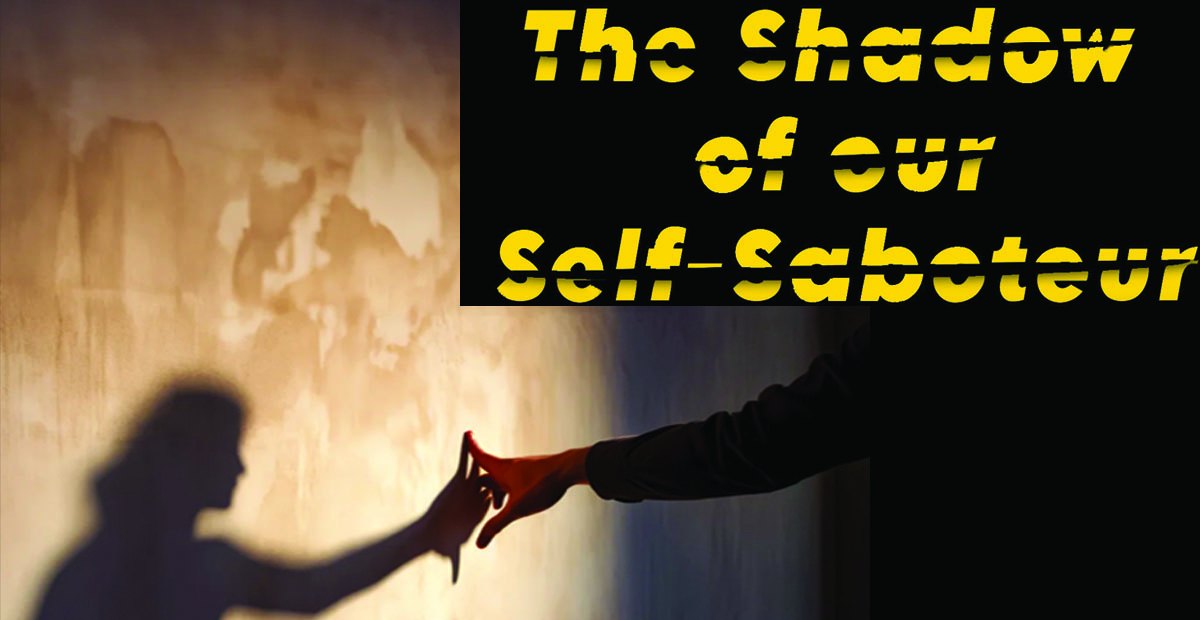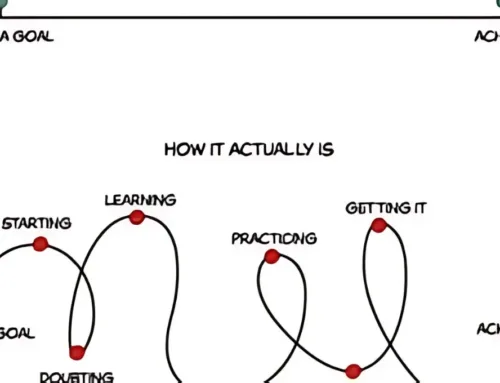Self-Sabotage: Listening Beyond the Chaos
Self-sabotage is complex. It doesn’t always look like failure. Often, it shows up dressed as protection. Caution. Even care.
But does it live within you?
We’re quick to see possibility in others — we champion their potential without hesitation. But when it comes to ourselves, there’s often a voice we can’t quiet. One that reminds us of our flaws, whispers doubt and dims our vision just enough to make us hesitate. To keep us stuck.
Jeckle and Hyde
A few weeks ago, I found myself in another one of those internal standoffs. But instead of reacting — instead of choosing a side — I let Jeckle and Hyde battle it out while I listened.
Both voices made valid points. Neither one lied outright. Eventually, they hit a stalemate. Hyde’s reminders of my past failures weren’t powerful enough to override future possibility. The more I replayed those past moments — shifting between emotional recall and detached observation — the deeper I dropped into a quiet kind of listening.
And in that stillness, I began to hear something I’d missed before.
Which voice is which?
That critical voice had always seemed like the destroyer of dreams — the one who added “less” after every spark of hope.
I couldn’t remember a time I’d stepped into the unknown without it trying to take control. It had followed me for so long, I’d lost sight of which part of me was Jeckle and which was Hyde.
What if it’s not sabotage?
The language of my inner critic has always felt frantic and condemning.
But when I stopped reacting and started listening with curiosity, I saw something else. He wasn’t trying to tear me down — he was trying to protect me. The warnings were about past pain. Not because he didn’t believe in me, but because he didn’t want me to fall in the same way again.
“I don’t want you to get hurt. I’m trying to protect you from the pain you once felt.”
That moment shifted everything.
Self-sabotage: a new relationship
In the days that followed, his voice became more frequent. But now, when the delivery feels chaotic, I respond differently. I let him know I’m listening. The more I legitimize his voice — not blindly obey it, but hear it — the clearer the lessons become. And slowly, that once-ruthless saboteur is starting to step out from the shadows. He may yet become one of my greatest allies.







